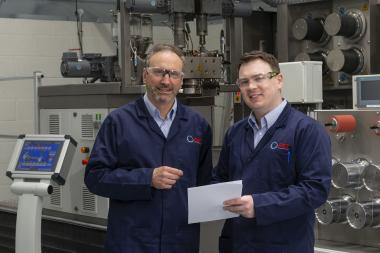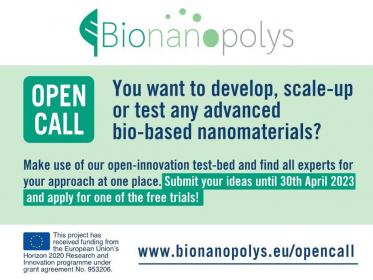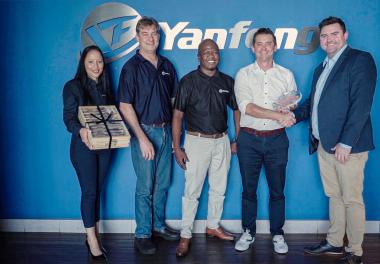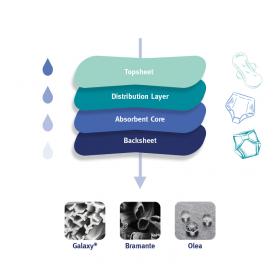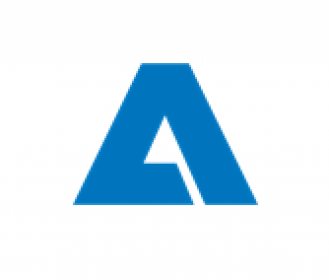Lenzing celebrates 40th anniversary of LENZING™ Acetic Acid Biobased
Lenzing Group, a global producer of wood-based specialty fibers, is celebrating the 40th anniversary of its biorefinery and co-product brand LENZING™ Acetic Acid Biobased. The brand was first introduced on May 4, 1983, and has since become one of the leading and most trusted biobased acetic acid providers.
Over the past 40 years, LENZING™ Acetic Acid Biobased, which has a reduced carbon footprint that is 85% lower than that of fossil-based acetic acid, has continued to gain trust and support from customers. Specialty chemical company Evonik, and food production company Speyer & Grund Group, have been incorporating LENZING™ Acetic Acid Biobased in the production of their products since 1983. LENZING™ Acetic Acid Biobased has also been in high demand from the hygiene industry during the COVID-19 pandemic as an all-purpose cleaning agent in conventional and green products.
Pioneering a carbon neutral future in the biorefinery segment with a new offering
To mark the important occasion, Lenzing will introduce its first carbon neutral LENZING™ Acetic Acid Biobased to meet the growing sustainability needs of industries which predominately rely on fossil-based materials. Similar to the standard LENZING™ Acetic Acid Biobased, the carbon neutral LENZING™ Acetic Acid Biobased is produced using sustainably sourced beech wood as a universal replacement for non-renewable raw materials such as crude oil. By calculating, reducing and offsetting emissions during production processes, this expansion will create a more sustainable supply chain with highly functional products across various industries. From now on, Lenzing customers across the food, pharmaceutical, cosmetics, chemical and textile industries will be able to choose between carbon neutral and reduced carbon footprint acetic acid products.
Advancing circularity and carbon neutrality through efficient use of valuable resources
Lenzing’s biorefinery concept ensures that 100% of wood components are used to produce pulp for Lenzing’s botanic fibers, biorefinery products, as well as bioenergy, which is used to power Lenzing’s facilities. This makes Lenzing’s biorefinery sites almost fully energy self-sufficient to remain as carbon neutral as possible. To ensure a low carbon footprint, rail transportation is the preferred means for transporting LENZING™ biorefinery products, with trucks being leveraged in regions where rail transportation is not available.
Together with ClimatePartner, a recognized global leader in the design, development, and delivery of corporate climate action programs, Lenzing strives to reduce carbon emissions to net-zero through a mix of higher production efficiencies, use of renewable energy sources, low-carbon materials, and the dedicated support of an external nature-based carbon removal project. For instance, to offset remaining carbon emissions that cannot be reduced, Lenzing works with ClimatePartner to support and finance the switch to biomass as an energy source at a ceramic factory in Kitambar in northeastern Brazil. Using natural waste materials, like coconut shells, as renewable biomass for its energy production, the factory is able to produce roof tiles in a more climate-friendly way while saving on carbon emissions. Besides contributing to the fuel switch, the project also helps to reduce the deforestation rate in Brazil and avoid methane emissions that could result from the uncontrolled rotting of biomass.
Lenzing Group





